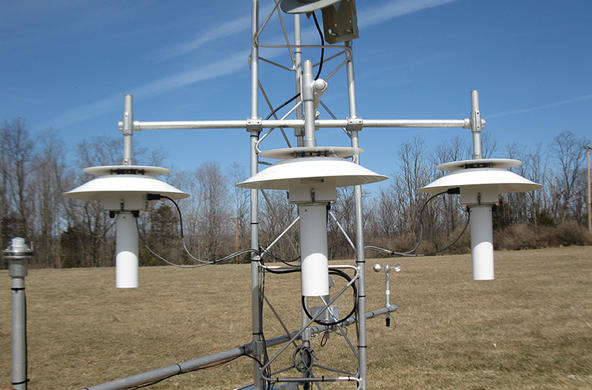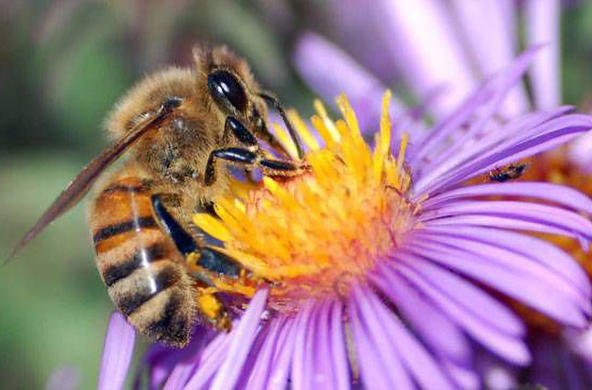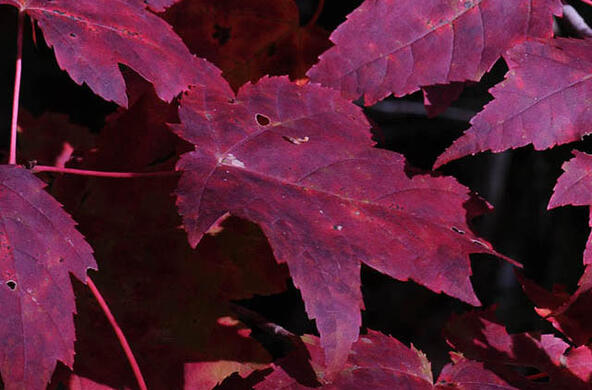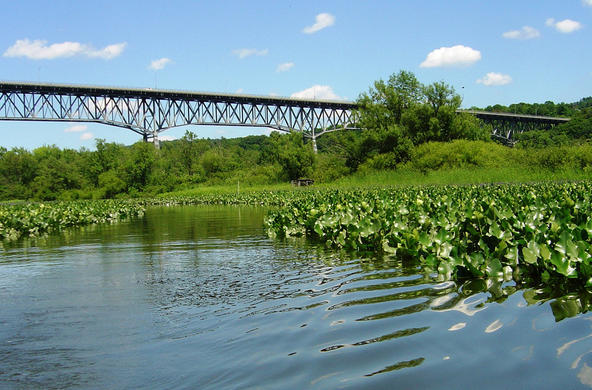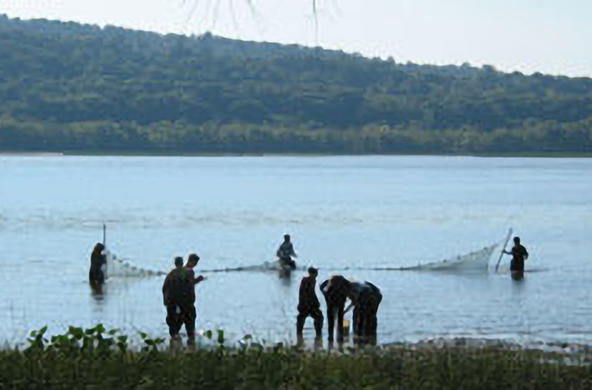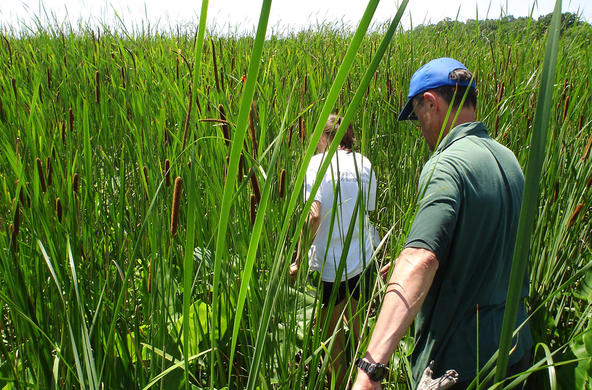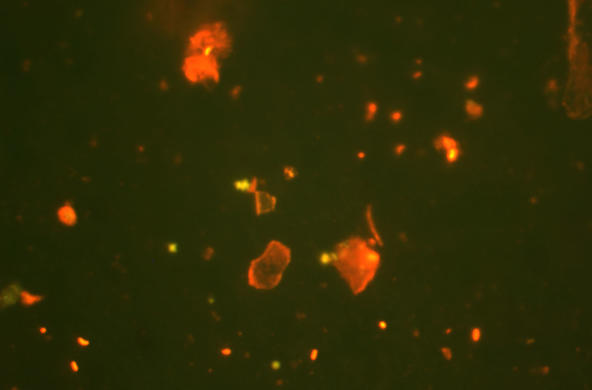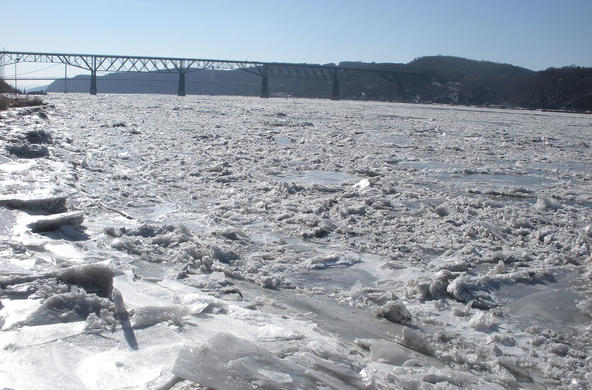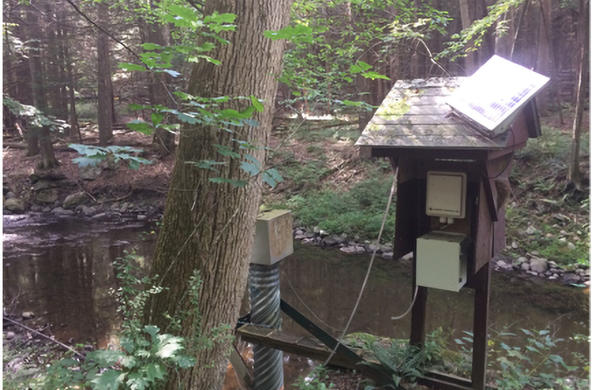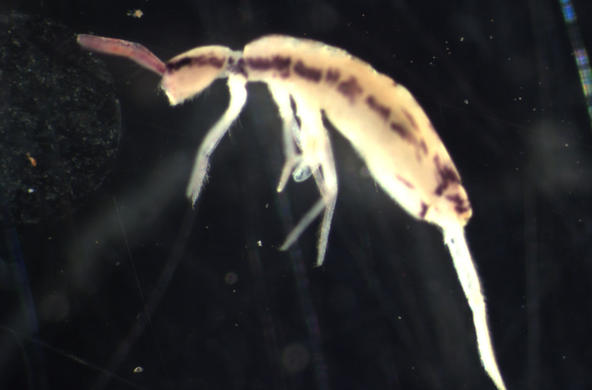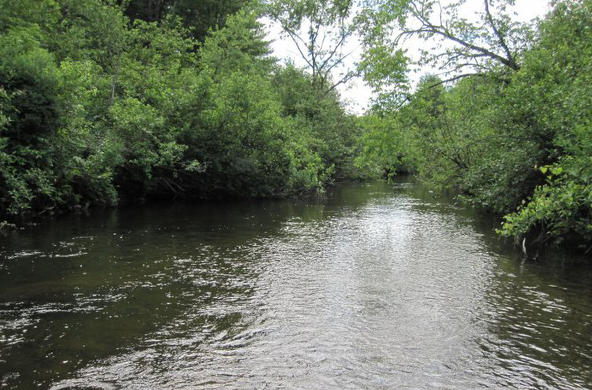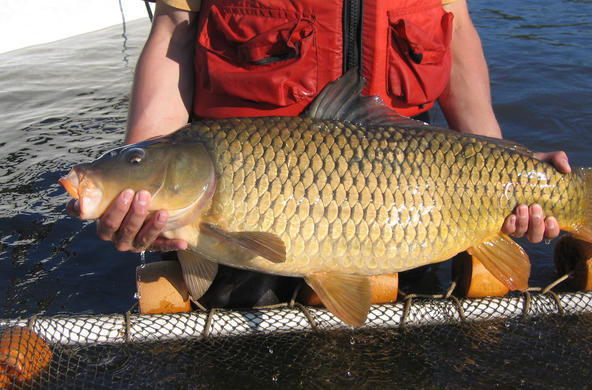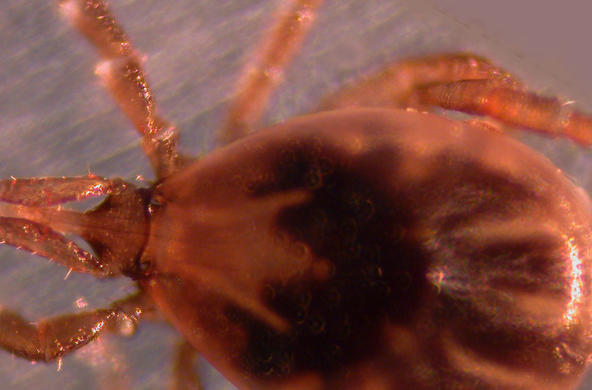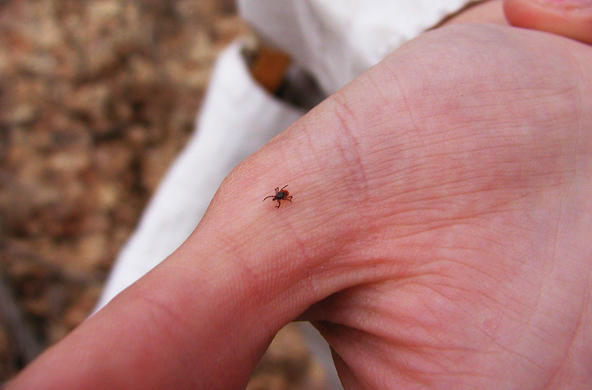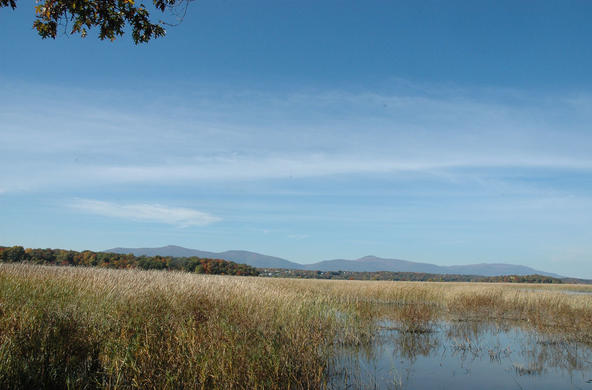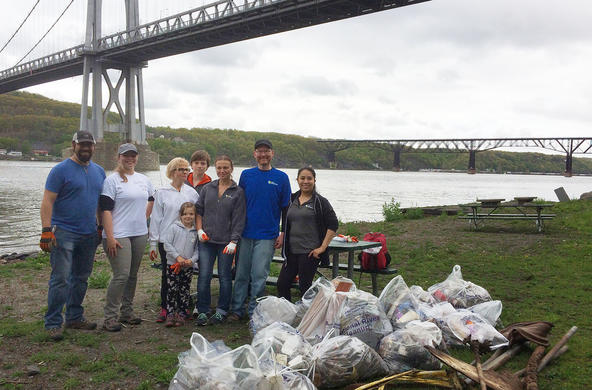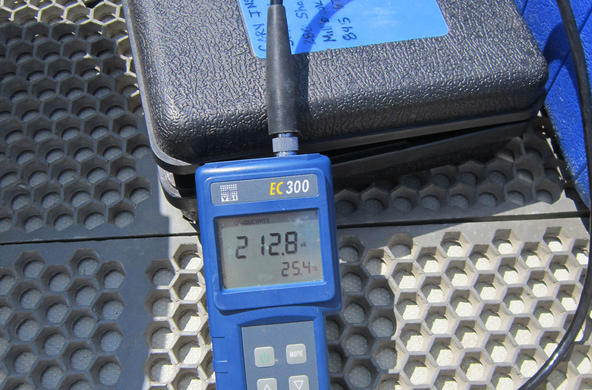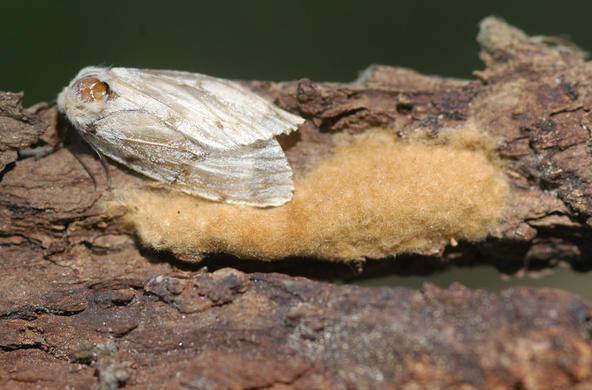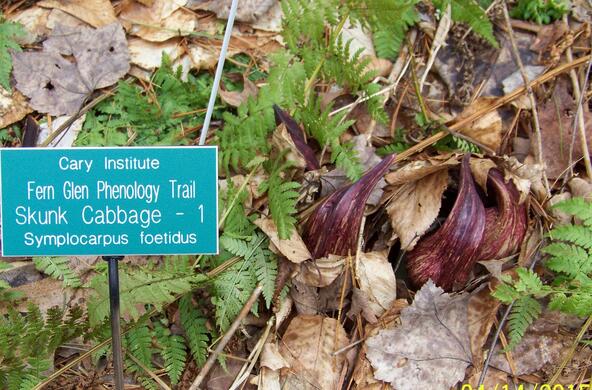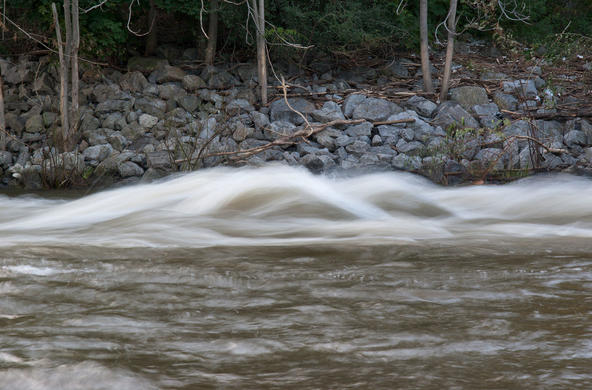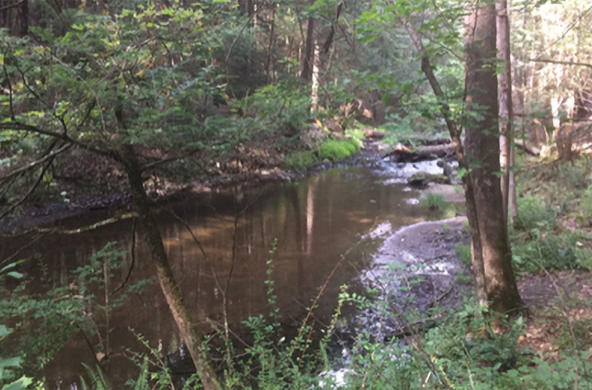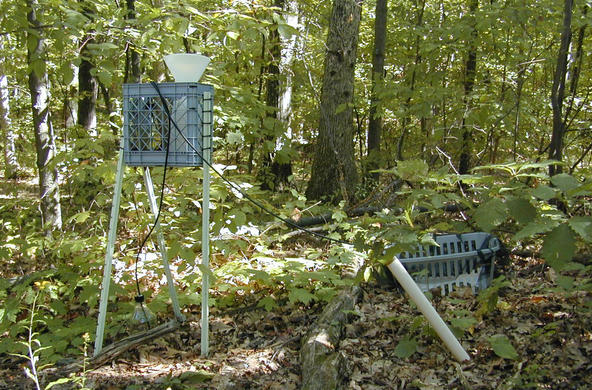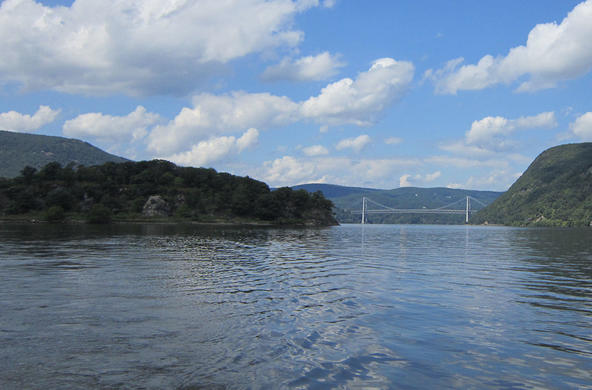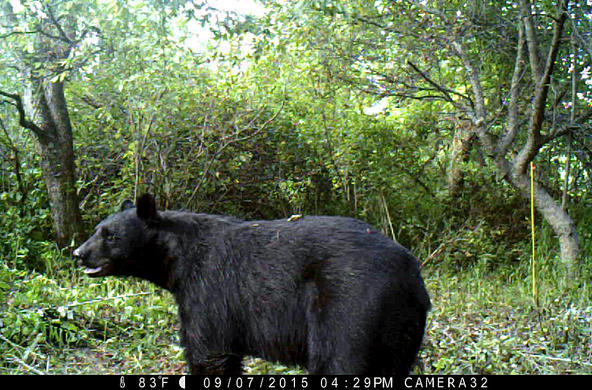Objectives
Students recommend who GROW should hire as a scientist after reviewing three job applications.
Overview
Rating:
Students will be able to: understand that being a good scientist requires a range of skills and qualities, identify the weaknesses in an experimental design, know that collaboration is an important aspect of science, modify opinions based on convincing arguments.
Materials
For each group of 3-4 students:
- copy of three "Job Applications"
- copy of "Scoring Sheet"
For each student:
- copy of "Challenge Sheet"
- copy of " Scoring Sheet"
Resources
Lesson Files
pdf
Hiring a Scientist
Standards
Benchmarks for Science Literacy
1A Scientific World View, 1C The scientific enterprise, 12D Communication SkillsNYS Standards
ELA 1- Language to collect and interpret information and understand generalizations, ELA 3- Language for critical analysis and evaluation, ELA 4 - Language for communication and social interaction with a wide variety of peopleCredits
Hogan, Kathleen. Eco-Inquiry: A Guide to Ecological Learning Experiences for the Upper Elementary/Middle Grades. Kendall/Hunt Publishing Company, PO Box 1840, 4050 Westmark Drive, Dubuque, IA 52004-1840., 1994.



